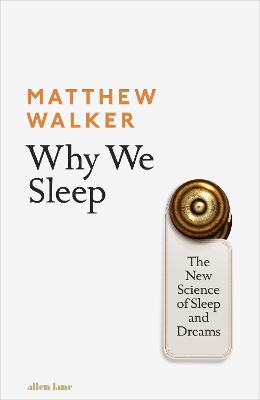Reviewed by Raven on
I was impressed with the writing. You would think that a doctor would leave you with a dull book that would drone on and on with technical terms that would leave you looking up every third word in a dictionary. That wasn't the case. The writing was informal, as far as doctor-speak goes, and easy to follow. Every technical term is defined naturally within a sentence or two.
I didn't walk away with the answers to the questions I had, but I did walk away with a panic attack and a strong determination to focus on the sleep schedules of myself and my children to get us all sleeping better. It also helped me to see the importance of sleep for my children and made me all the more thankful that we homeschool, because I can work our school schedule around their need for rest. I've been focusing on my schedule in the week since finishing this and am already reaping the benefits. Now if only I can get my husband on board with his schedule. I can't get him to read, but maybe if I buy the audiobook he can listed to it on his commute and become just as horrified at what he's doing to himself as I am. I don't care how much he insists that he can survive on 5 hours of sleep regularly, this book proves otherwise.
Could you walk away with a summary and be alright? Sure. But I would still recommend reading it anyway. It's such a fount of information that it would be a shame to walk away without it. If you really want to skip out and just work on getting better sleep, then all you need is the 12 steps in the back of the book. It's all fairly common sense, but it's the bare minimum you take away from it.
1. Stick to a sleep schedule
2. Don’t exercise too late in the day
3. Avoid caffeine & nicotine
4. Avoid alcoholic drinks before bed
5. Avoid large meals and beverages late at night
6. Avoid medicines that delay or disrupt your sleep (where possible)
7. Don’t nap after 3pm
8. Make sure to leave time to relax before bed
9. Take a hot bath before bed
10. Have a dark, cool (in temperature), gadget free bedroom
11. Get the right sunlight exposure
12. Don’t stay in bed if you (really) can’t sleep
Reading updates
- Started reading
- 23 June, 2022: Finished reading
- 23 June, 2022: Reviewed
